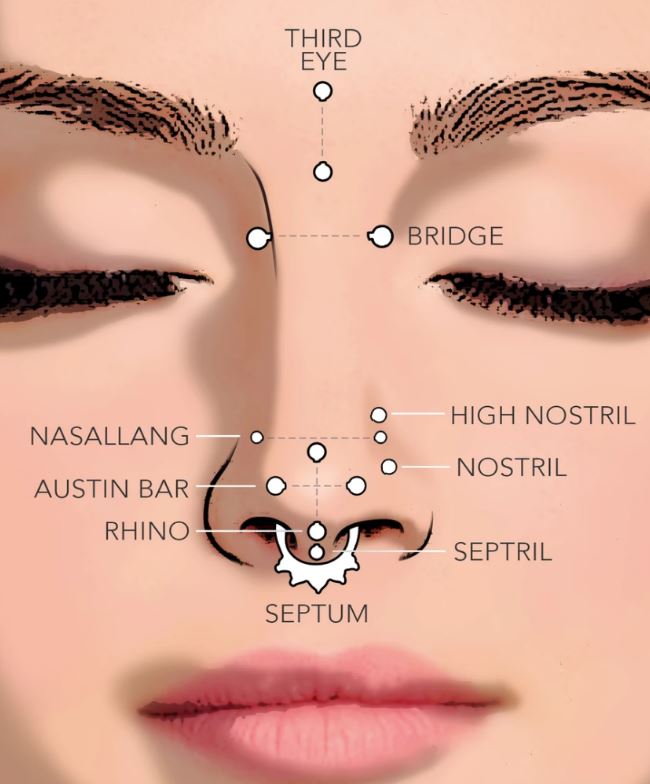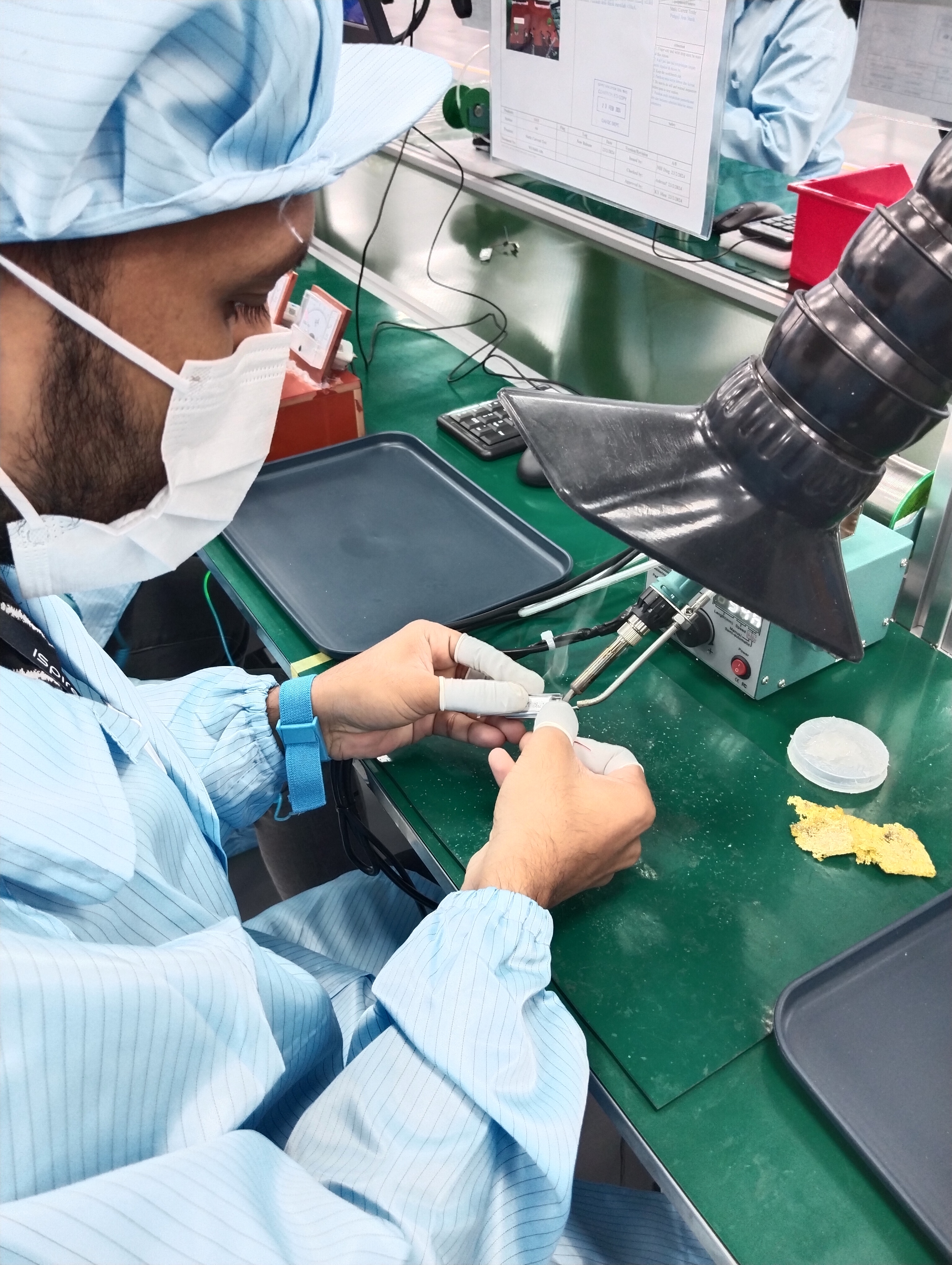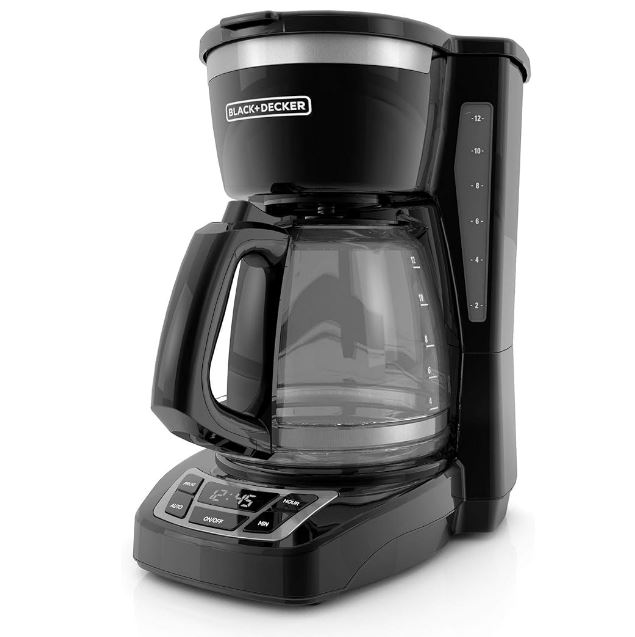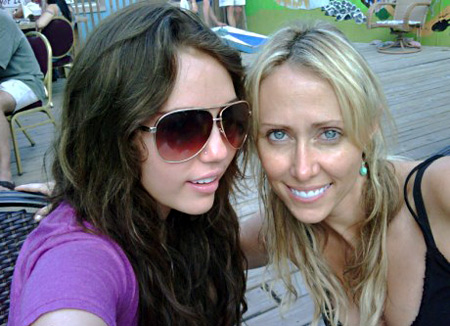Sponsor Ads
Non-China Vape, 510 Cartridges & Battery Device Maker
If you are going for a vape manufacturer out of China we are you best choice. We offer a alternative vape production location with a very competitive price. You can save money by buying directly from us the manufacturer, without any middlemen or extra fees. You can also enjoy discounts for bulk orders and special offers for long term & loyal customers.
We offer small trial orders where you can test the quality and performance of the products before placing a large order. Fast shipping and cheaper shipping cost from Malaysia and Singapore ports. You don't have to wait long to receive your products.
Contact Us!
Contribute for our website Maintenance! We want to keep it free for all visitors.
Trending Best Sellers
Covid 19 - 10 ways to safely help your community!
Trending Best Sellers
Covid 19! You should be asking why us? Well we are part of our community here and we have the responsibility to do something and in anyway possible during this hard times where many are sufferings from the effects of this Covid 19 pandemic.
Covid 19 - Ways to safe help other.
We start this Covid 19 page due to many questions from our clients regarding Covid-19 in Thailand. We also want to contribute in what ever possible means to help our local community by providing correct and fact checked information regarding Covid-19.
We can unite to help each other during the Coronavirus (COVID-19) pandemic. Be sure to follow the guidelines for how to slow the spread of the disease, and consider these simple ways every on of us can help their neighbors, friends, and families.
Donate to Nonprofits
Cash donations are the best way to support the nonprofit of your choice. The National Voluntary Organizations Active in Disaster (NVOAD) has a list of organizations supporting COVID 19 response efforts. Guidestar and Great Nonprofits also have search engines to locate organizations that need help.
Donate or Volunteer Safely with Food Banks and Pantries
Donate to food banks and pantries to help them stock up or volunteer at a food bank that needs help packing and sorting food using safe practices. Visit Feeding America or Food Pantries to find an organization near you.
Deliver Meals and Groceries to Vulnerable Seniors
Help out someone you know or contact your local Meals on Wheels to learn ways to volunteer.
Help a School
Check with your area school system to see if they need volunteers to distribute food (or other items) to children and families in need.
Give Blood
Blood donations have decreased dramatically. Help fill the need by contacting your local Red Cross or other blood donation sites.
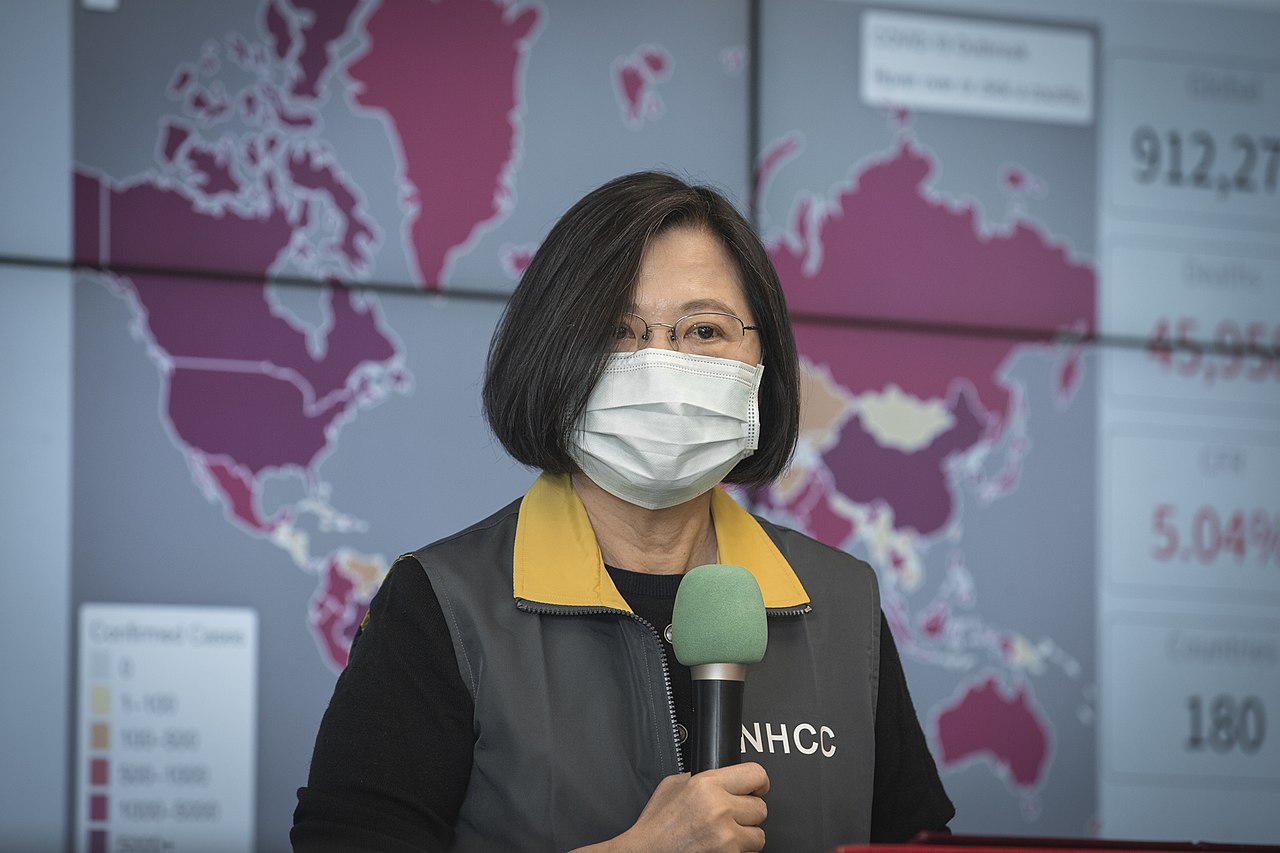
Become a Medical Volunteer
Trained medical volunteers can offer their services by registering with a National VOAD member. Medical professionals and others can help locally by joining the Medical Reserve Corps or registering through the Emergency System for the Advance Registration of Volunteer Health Professionals.
Donate Medical Supplies and Equipment
If you have medical supplies or equipment to donate, please email FEMA’s National Business Emergency Operations Center at nbeoc@fema.dhs.gov.
Stay in Touch
Check on your neighbors, friends, and family – especially those who are older or may be alone. A phone call, text, or a conversation through the door could brighten their day.
Serve in Your Community
Many states are identifying local volunteer opportunities; visit your State Service Commission’s website for details.
Volunteer from Home
Prefer to volunteer while staying at home? Check out AllForGood.org for service ideas.
For more information on COVID-19, visit Coronavirus.gov, Centers for Disease Control, Government Response to Coronavirus (COVID-19) USA.gov/coronavirus, and FEMA Coronavirus Rumor Control.
Download and Share 10 Ways to Safely Help Your Community During the Coronavirus (COVID-19) Pandemic Graphics.
Source: https://www.nationalservice.gov/serve

Covid 19 the Overview
The COVID-19 pandemic, also known as the coronavirus pandemic, is an ongoing pandemic of coronavirus disease 2019 (COVID-19) caused by severe acute respiratory syndrome coronavirus 2 (SARS-CoV-2). It was first identified in December 2019 in Wuhan, China. The World Health Organization declared the outbreak a Public Health Emergency of International Concern in January 2020 and a pandemic in March 2020. As of 1 January 2021, more than 83.5 million cases have been confirmed, with more than 1.82 million deaths attributed to COVID-19.
Symptoms of COVID-19 are highly variable, ranging from none to severe illness. The virus spreads mainly through the air when people are near each other.[b] It leaves an infected person as they breathe, cough, sneeze, or speak and enters another person via their mouth, nose, or eyes. It may also spread via contaminated surfaces. People remain infectious for up to two weeks, and can spread the virus even if they do not show symptoms.
Recommended preventive measures include social distancing, wearing face masks in public, ventilation and air-filtering, hand washing, covering one's mouth when sneezing or coughing, disinfecting surfaces, and monitoring and self-isolation for people exposed or symptomatic. Several vaccines are being developed and distributed. Current treatments focus on addressing symptoms while work is underway to develop therapeutic drugs that inhibit the virus. Authorities worldwide have responded by implementing travel restrictions, lockdowns, workplace hazard controls, and facility closures. Many places have also worked to increase testing capacity and trace contacts of the infected.
The pandemic has caused global social and economic disruption, including the largest global recession since the Great Depression. It has led to the postponement or cancellation of events, widespread supply shortages exacerbated by panic buying, agricultural disruption and food shortages, and decreased emissions of pollutants and greenhouse gases. Many educational institutions have been partially or fully closed. Misinformation has circulated through social media and mass media. There have been incidents of xenophobia and discrimination against Chinese people and against those perceived as being Chinese or as being from areas with high infection rates.
- Disease : Coronavirus disease 2019 (COVID‑19)
- Virus strain : Severe acute respiratory syndrome coronavirus 2 (SARS‑CoV‑2)
- Source : Possibly via bats, pangolins, or both
- Location : Worldwide
- First outbreak : Wuhan, China
- Index case : Wuhan, Hubei, China 30°37′11″N 114°15′28″E
- Date : December 2019[3] – present (1 year and 1 month)
- Confirmed cases: 83,579,767 (Dec 2020)
- Suspected cases: Possibly 10% of the global population (WHO estimate as of early October 2020)
- Deaths : 1,820,923
- Territories : 191

Source: Wikipedia
Share inspiring stories about those who have recovered from COVID-19?
Share inspiring stories about those who have recovered from COVID-19! Share it!
Comments
What you think?
Recent Articles
-
Riche Niche: Health | Lifestyle | Fashion | Marketing | Technology
Mar 14, 25 09:18 AM
Our Riche Niche blog is the easiest way to stay up-to-date with the latest news, trends and articles published on this site. -
The Therapeutic Potential of Medical Cannabis Vaporization
Aug 05, 24 09:32 PM
The use of medical cannabis has been a subject of much debate and research over the years. With the growing acceptance of cannabis for medical purposes, various methods of administration have been exp… -
Amazon Spring Sale: A Season of Spectacular Savings
Mar 18, 24 08:38 AM
Amazon Spring Sale: A Season of Spectacular Savings -
Understanding Nose Piercing Types: A Guide for Teens
Mar 16, 24 09:19 AM
Explore the rising trend of nose piercings among teenagers, understanding the various types and their cultural implications for a stylish appeal. -
Infected Nose Piercing
Mar 16, 24 09:18 AM
You can expect symptoms of infected nose piercing to resemble any other kind of body piercing infection. -
EMS manufacturing services in Malaysia
Mar 09, 24 10:33 PM
Malaysia is one of the leading countries in Southeast Asia that offers EMS manufacturing services to both local and international clients. -
Laundry Business: The Need for Payment System Upgrades
Mar 08, 24 11:14 AM
Discover the benefits of upgrading your laundry business's payment system. Enhance efficiency, increase profits, and improve customer convenience. -
Nose Peircing Store
Feb 18, 24 02:38 AM
A collection of latest at our nose peircing store. -
How to Choose the Right Coffee Maker for Your Needs
Feb 18, 24 02:12 AM
We'll compare the pros and cons of four common types of coffee makers: drip, French press, espresso, and vacuum. We'll also give you some tips on how to choose the right one based on your preferences… -
Emulate Celebrities with Nose Piercings
Feb 06, 24 08:13 AM
Discover the celebrities with nose piercing and get inspired for your next piercing! From studs to septum rings, our list has it all. Read more! -
Types of Nose Rings
Feb 06, 24 08:11 AM
Types of Nose Rings -
Is my nose piercing ring is sinking in?
Feb 06, 24 08:10 AM
Is my nose piercing ring is sinking in? Or just swollen? -
Dry Herb Vape Pens-Discover the Advantages of Malaysian Made
Feb 04, 24 12:39 PM
Choose our non-China dry herb vape pen for its high production standards, strict quality control, and excellent craftsmanship. -
Trinity Nose Ring A Unique Fashion Statement
Feb 03, 24 08:36 PM
Explore the world of trinity nose rings, a unique piece of jewelry that adds elegance and style to your look. Understand the different types and choose the right one for you. -
Redefining Beauty: The Rise of Nose Piercing Trend in the USA
Feb 02, 24 08:34 AM
Explore the evolution of the nose piercing trend in the USA, from ancient tradition to modern expression of individuality.





